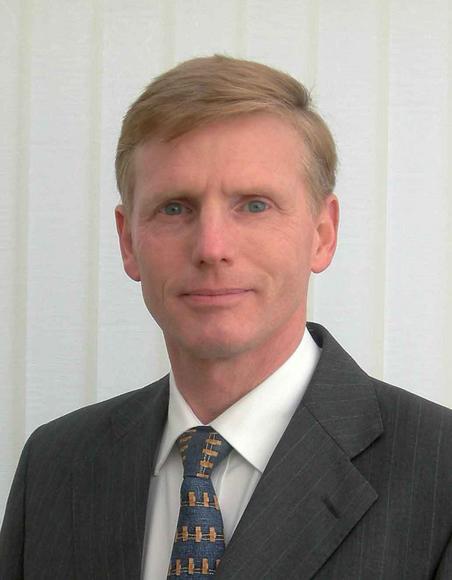Who would have thought that last summer the price of oil would rocket to $147 per barrel. The price rise was fuelled by reports of dwindling reserves, unrest in the Middle East and rampant demand from India and China. There were even suggestions of oil price speculation, heaven forbid! Industry was predictably alarmed by increased energy costs, which did feed their way through to the customer’s pocket as raw materials and basic food items increased in price.
What a difference a few months made, the credit crunch hit hard and economies went into reverse gear. The oil price dropped to $40–50, which is estimated to be below the average cost of production. So why did the price drop? The tightening of belts, fewer people flying or buying new cars, and we are understandably cautious about spending on high value items. Also, as oil is priced in dollars, the increase in the strength of this currency has weakened demand.
With GDPs dropping, unemployment increasing, debts spiralling and credit almost impossible, governments are looking to reduce the effects of the recession by a variety of economic stimulus packages. So what will happen to energy costs over the coming year? Perhaps we should consult the mediums on Blackpool’s Golden Mile to see who has the least murky crystal ball.
UK GDP fell to £308bn in the first quarter of 2009, down 1.9 per cent compared with the last quarter of 2008. Industrial production of £55.4bn is down 5.5 per cent. Interestingly, agriculture was up by 0.3 per cent at £3.1bn but it only accounts for about 1 per cent of GDP. Relatively small but absolutely crucial to our future.
Back to nature
Earlier this year, the BBC’s Natural World programme broadcast ‘A Farm for the Future’, where film maker Rebecca Hosking investigated how to transform her family’s farm in Devon into a low energy farm for the future. She believes that for the future a return to a more natural system is key. She noted that all food production in the UK is completely dependent on abundant cheap fossil fuel, particularly oil, and showed how the humble ham sandwich ‘drips with oil’.
Starting with the bread, she explained that somewhere in the world the farmer has ploughed, harrowed and drilled his field using a tractor fuelled with diesel. To grow the cereal, the farmer has to use chemical fertilisers, fungicides, herbicides and pesticides - all derived from oil.
Once harvested, the grain is dried using large heaters fuelled with natural gas before being shipped for processing to make flour, then on to bakeries to make the bread.
The ham from pigs is even more energy intensive - one pig eats about half a tonne of grain. The salad has probably come from abroad or from heated greenhouses, using more energy; and this is before it is even assembled, packed and distributed by refrigerated lorries for us to buy.
Rebecca Hosking’s conclusion is that without oil for food production we would probably starve.
We in the packaging industry are just as reliant, if not more so, on oil. I fear that, as the recession recedes, demand for oil will increase and that will inevitably push the price upwards. We need to mitigate the effect, so lightweighting, right-weighting and the use of the right level of recycled or reused materials will move further up the agenda.
Optimisation of packaging is critical to the future of our industry. IOP: The Packaging Society is working alongside WRAP to present a two-day course this summer.
On the first day, delegates will be taught the fundamentals of pack optimisation and issues surrounding waste, and be given a toolbox of applicable techniques. They will be challenged to return to their companies and apply what they have learnt, returning a few weeks later to show how they have made a difference to waste levels in their own businesses and their supply chain. There will be a prize awarded to the best, most effective implementation.
It is very easy to get blinkered just trying to keep a business afloat at the moment. However, it may be just as easy to get lulled into a false sense of security as the green shoots of recovery start to blossom and mature, and the energy costs start to move upward
Ian Morris is Packaging Training Manager at IOP: The Packaging Society
Email: ian.morris@iom3.org
Ian Morris


